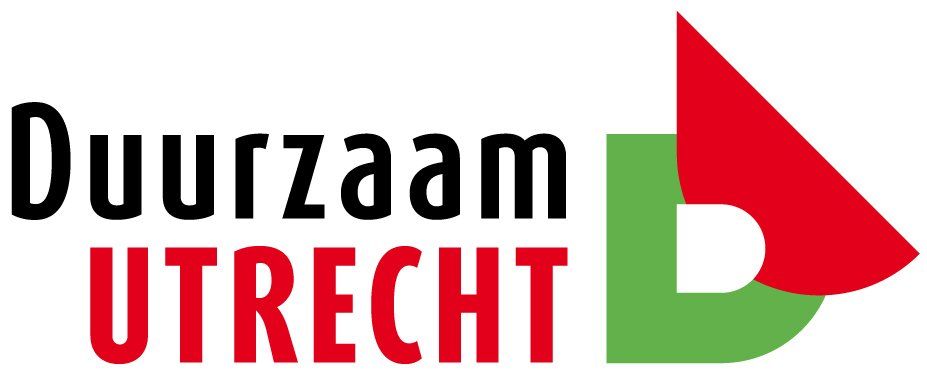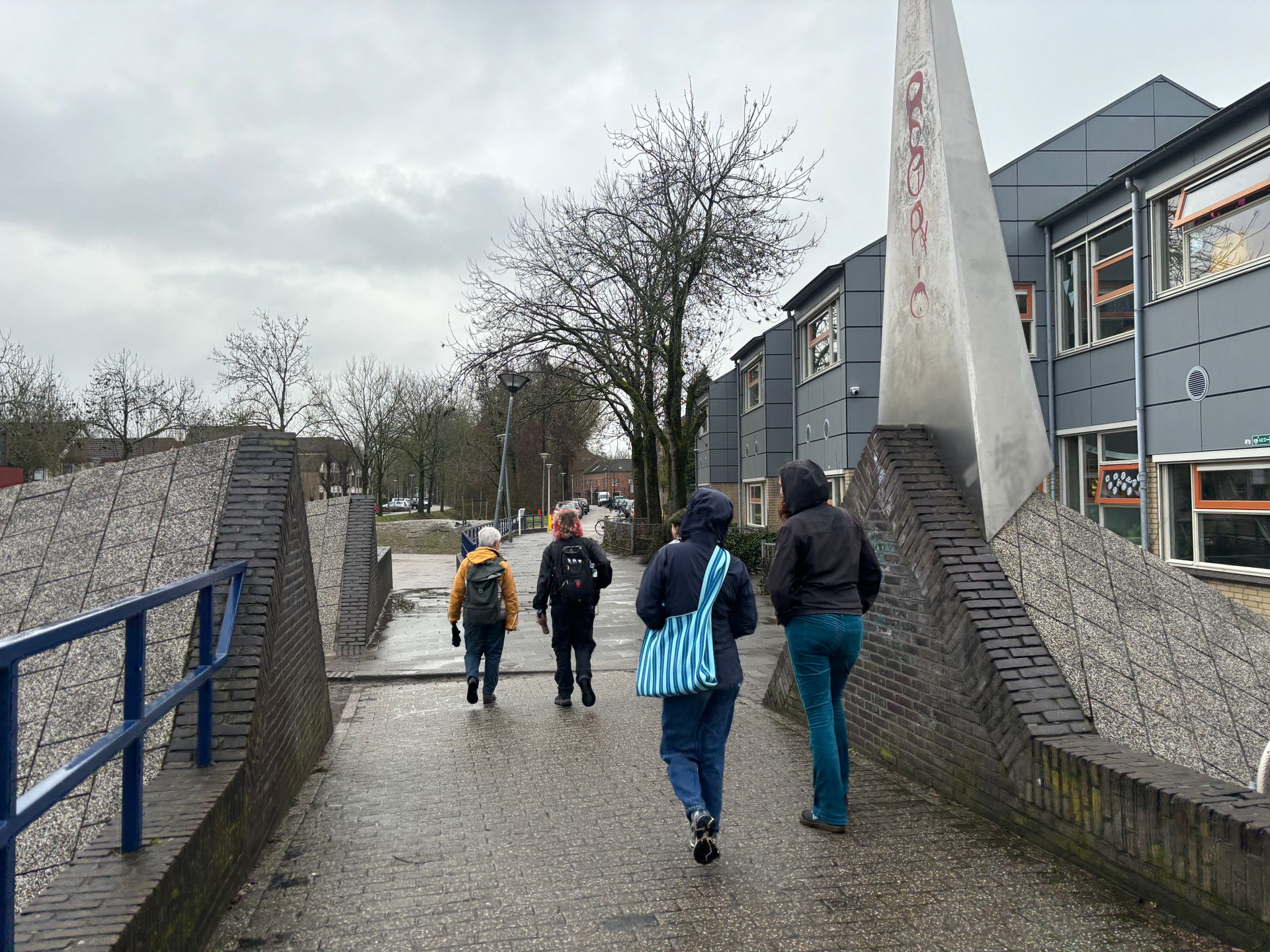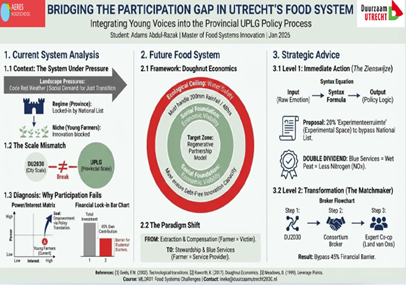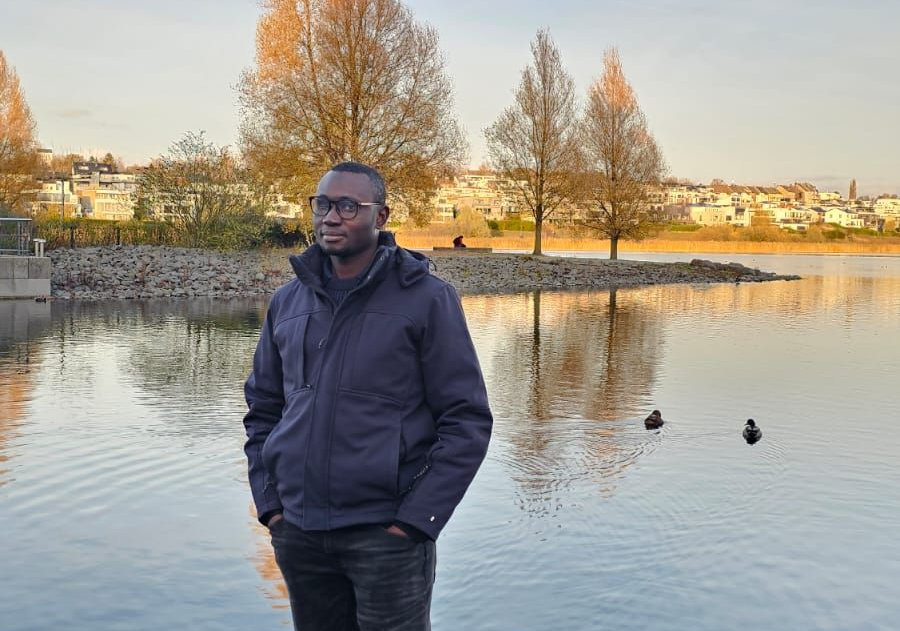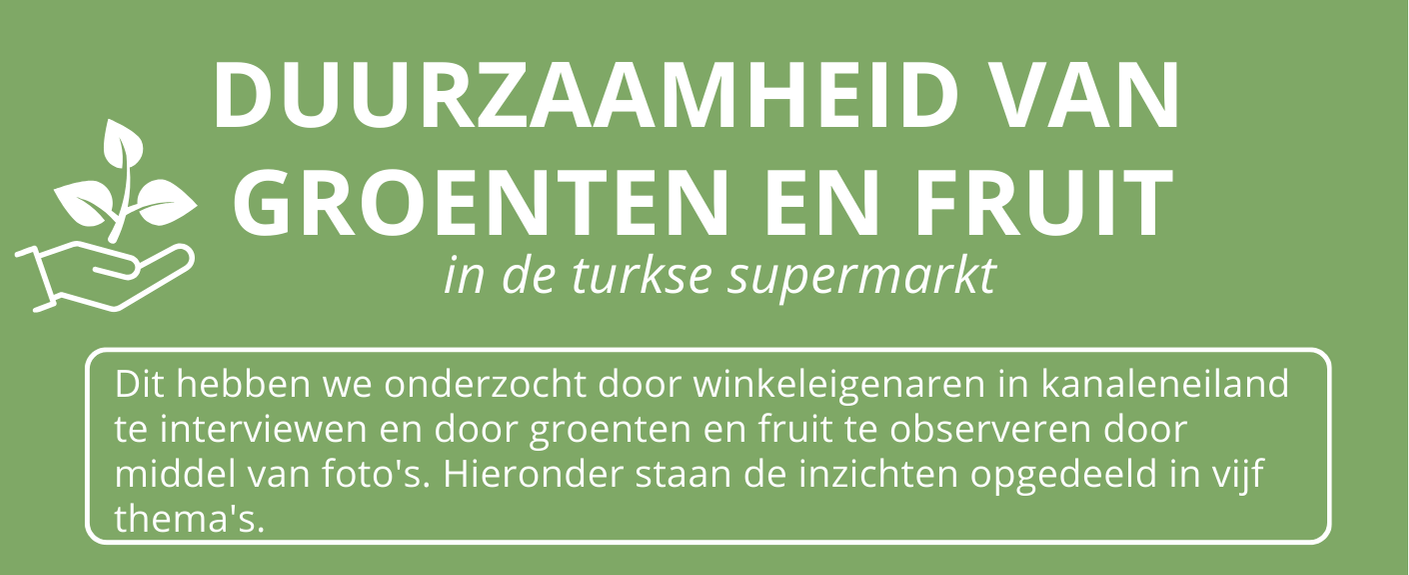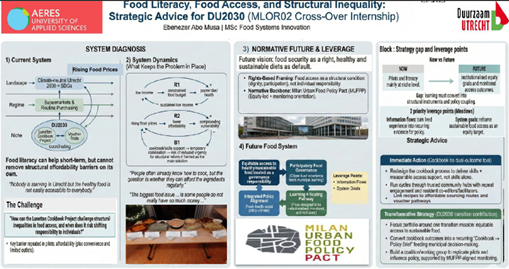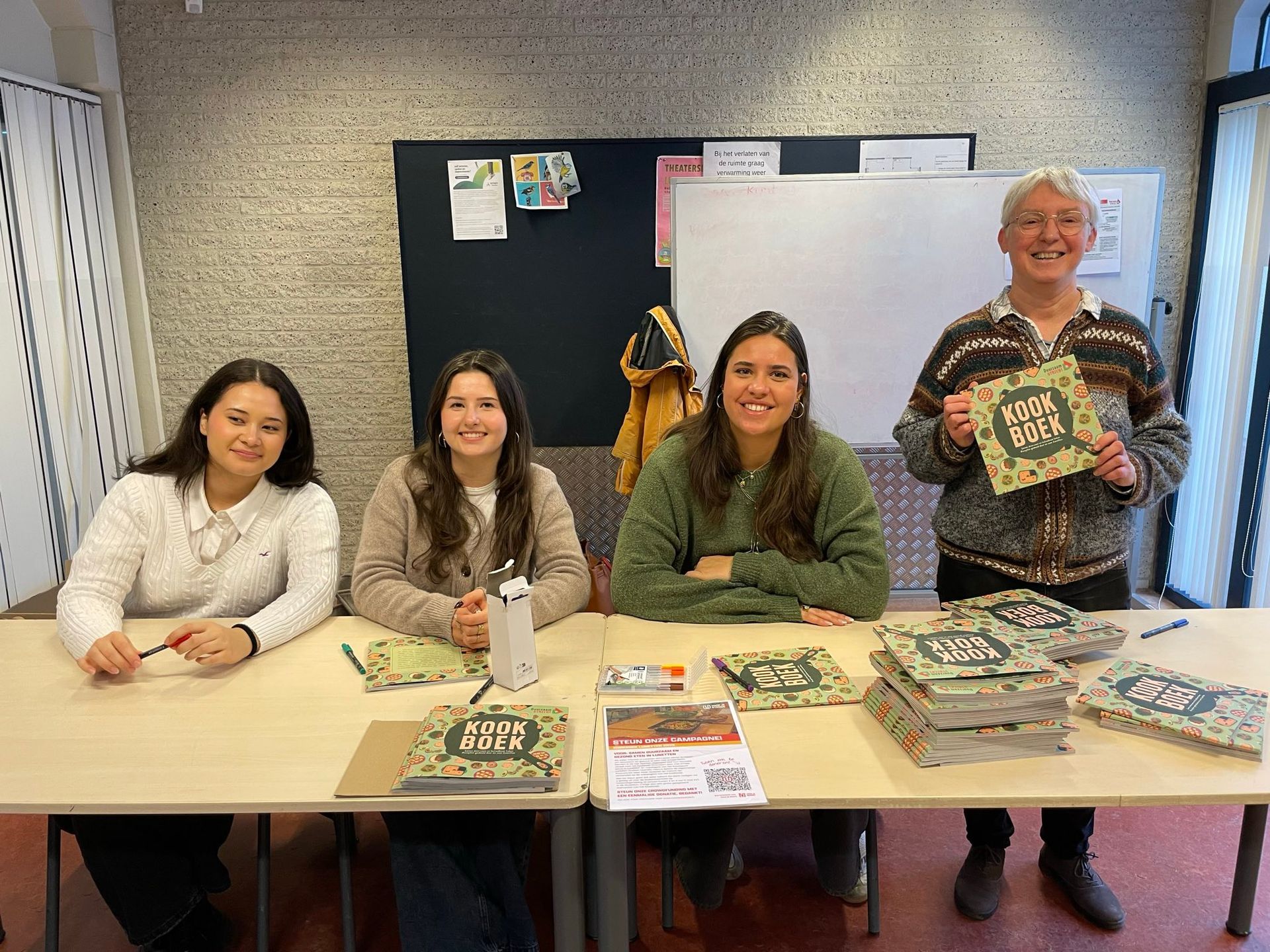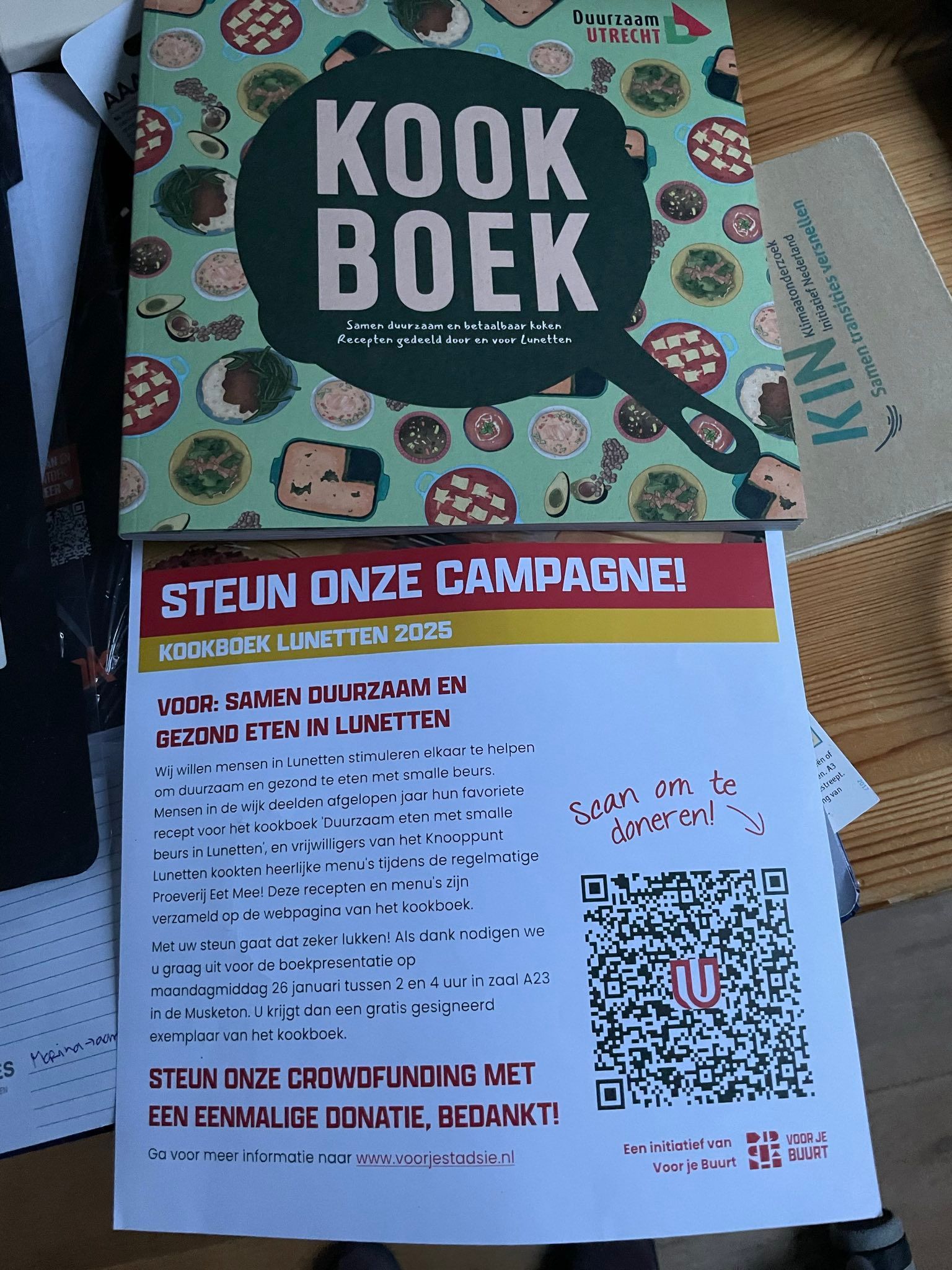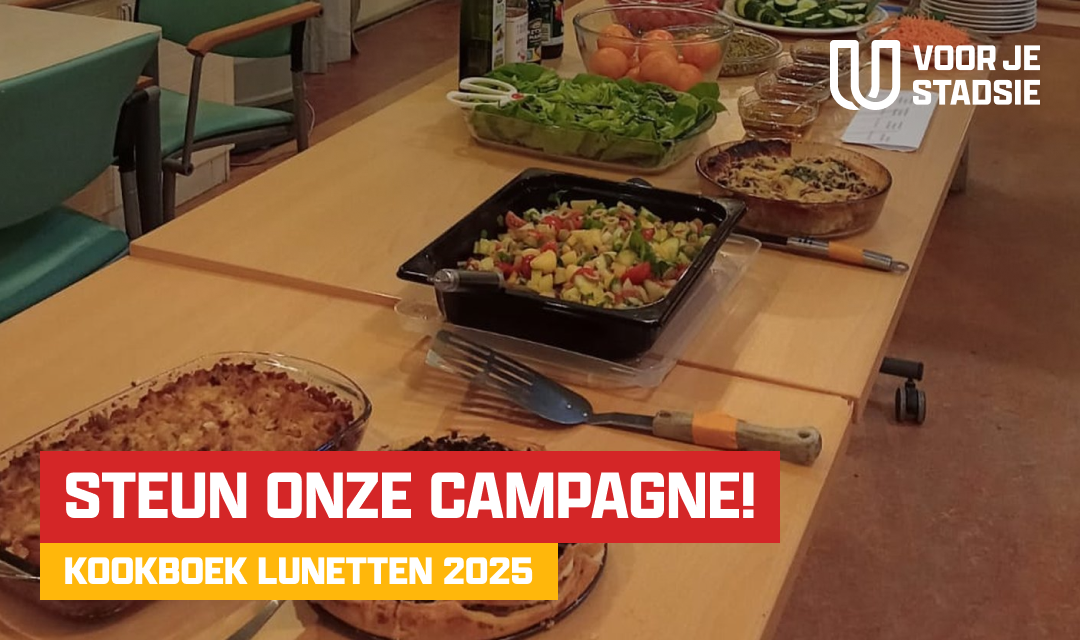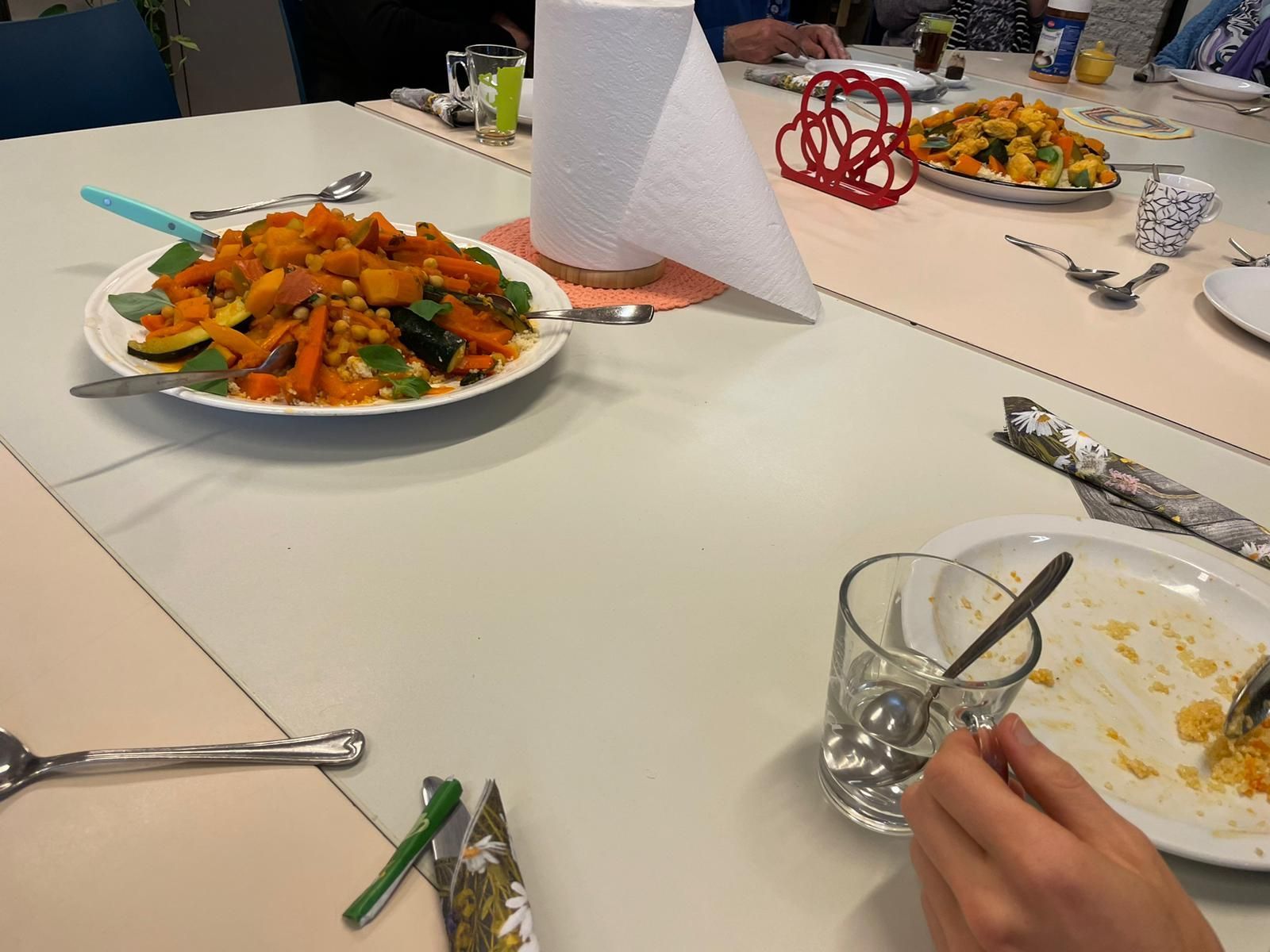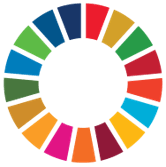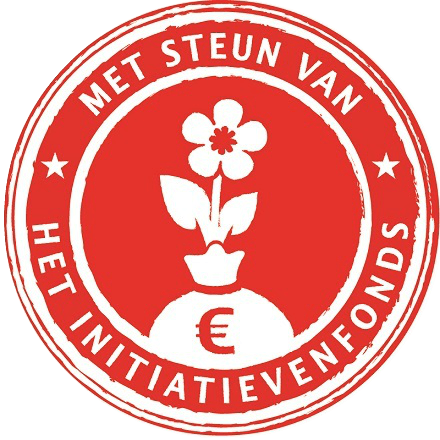Burning or freezing? Towards responsible energy use
Brainstorm Energy saving at UCU campus on 5 November 2024
Eleven students (8 female, 3 male) participated in the Brainstorm on energy saving organised by Ecologico, Energie U and Duurzaam Utrecht 2030 in the Locke building on the UCU campus. In two groups, the students discussed their experiences with the heating, lighting and hot water use in their student rooms as well as college halls.
Some called for behaviour changes, to stop putting the heater on 5 and opening the window to cool down, or to put on a sweater rather than just a t-shirt in winter. Some academic buildings are lighted all night.
Others asked for split energy bills, to motivate students to save energy and pay less. Currently, energy use is not measured separately in each room, and every student pays the same amount for services including energy. Would the landlord be willing to invest in installing separate energy meters in each room? And what about splitting the bill for energy use in the common rooms in the student housing?
A recurrent issue was the maintenance of the buildings on campus. The buildings are monumental and all different. In some, hot water pipes without insulation run underneath the ground floor, even leaving visible burn marks in the floor, and some student rooms are always very hot even without putting the heater on in the room itself, because of the neighbours. Other buildings are drafty with worn down insulation, and difficult to warm up to a pleasant temperature. Some buildings were renovated over the summer with triple glazing and insulation. The university has been planning to move out for years, and therefore, investments in energy saving measures and sustainabilising the buildings have been postponed. Rumour has it that the movement plans have recently been postponed for at least ten years, which would make renovations even more urgent.
The buildings are monumental, so it will not be allowed to change the exterior. The landlord has been renovating some buildings, e.g. by installing triple glazing. In other buildings, insulating airstrips around the windows are worn down.
What are the settings of water heaters? It will be best to keep it at a constant 60oC. The water is currently kept too hot. Who has control and can lower the temperature? There is a central heating system. How much water is wasted, because the hot tap water is too hot, so you have to toggle the warm and cold taps?
The common washing dryers use so much energy. What to do with the excess heat? Are drying racks placed in the room, so you can dry your clothes with the heat in the room?
One group had also brainstormed about choosing the energy supply. At home, you can choose the energy company, but the available options depend on the country. For example, in France, nuclear energy has the biggest share. On campus, we are not sure where the energy comes from.
Cristijn den Besten and Marjon Boers of Energie U came to engage with the students in discussion of their wishes and opportunities for energy saving on campus. Energie U is a cooperation aiming to raise awareness of energy problems and to help people lower their energy bills. You can become a member and get a student discount. Cristijn started by asking students about the current situation. Students briefly presented the results of the brainstorm. Cristijn then presented behaviour change suggestions as well as modest investments in technical solutions, based on the situation of a family household. He hoped this will generate arguments for the students to go to the landlord together and discuss energy saving measures. (see his slides)
Energy saving helps reduce CO2 emissions, pollution and energy costs, and increase comfort and the value of the house. This costs investments and effort. After presenting an average family CO2 emission sources, he shared tips for behaviour changes:
Put the thermostat on 19oC during the day, and warm your body rather than the room, by wearing a sweater and using hot water bottles. Put the thermostat on 15oC during the night or when you are away, not lower because of the moisture and risk of growing fungi. Close doors and curtains during the evening and night. Discuss with the landlord about setting the water boiler temperature to 50-60oC, reaching a higher efficiency. However, don’t lower the tap water temperature settings, because of the risk of legionella, but use the eco-mode if available. While these suggestions target family homes, the same principle applies to the central heating system on campus. Shower warm no longer than 5 minutes, or during one song. If you take a cold shower, you can take as long as you want. Hot water emits 60x as much CO2 as cold water. Ventilate the bathroom afterwards, to get rid of the moisture.
Other suggestions called for small investments in technical solutions: Use infrared panels, heat pillows, and electric blankets to warm your body rather than the whole room. Apply radiator foil between radiators and the outside walls. This is most efficient on badly insulated walls, but also offers savings on insulated walls. Install radiator ventilators, helping to heat up the room faster and increase the efficiency of the radiator. Close the mailbox, but keep ventilating the house. Close all gaps, because there will be too much ventilation if it is windy outside. If needed, open windows or the ventilation openings above them. Use a doorbrush to seal off doors facing outside. For single glass windows in monumental buildings, you can apply window foil in winter. To open the window during the summer, you may have to take off the window foil. Close the curtains when it is dark outside, but make sure they leave the radiators open. Don’t put anything in front of the radiators. Apply insulation to hot water pipes, but not to drinking water pipes because of the risk of legionella. Install a nozzle on drinking water taps to save drinking water. This mixes air through the water, stimulating you to use less water. Install water saving shower heads. More advanced measures include shower heat recovery appliances, which can reduce up to 40% of energy use in the shower, depending on how long you shower and how short people shower after each other.
By using a device to measure electricity consumption of electrical equipment, you can identify big energy spenders. If your fridge is over 10 years old, replacing it by a new B-label fridge helps save a lot of energy. Replace light bulbs and halogen lamps by LED lights.
To conclude: changing behaviour is cheap and difficult, and the proposed measures cost time and investment of money. More info in Dutch: milieucentraal.nl and energie-u.nl.
Q&A: Can students identify the most effective tips? Installing radiator foil and airstrips around drafty windows is popular and will be part of the training offered by Energie U in 2 weeks.
Most impressive was the difference in CO2 emissions between hot and cold water (60:1).
The heating in buildings is regulated centrally, depending on the outside temperature. When you leave the radiator open on a warm day and get back on a colder day, the heater which was cold can unintentionally have become hot. The radiator knobs are sometimes locked. Old knobs just have two settings: open and closed, on modern knobs you can set the temperature manually, so it will stop heating when the room is warm enough.
Installing window foil will also be part of the training. Normally, you place the foil in the autumn and keep it on during the winter. In summer, you take it off when you want to open the window. The foil does not stick to the window, but to the frame (window foil which has to be applied to the glass can damage the glass when sunlight heats it up. The best way to keep heat out during the summer is by blocking the sun on the outside. The second best is to close the window and the curtains on the inside. Then the heat dissipates into the room.


